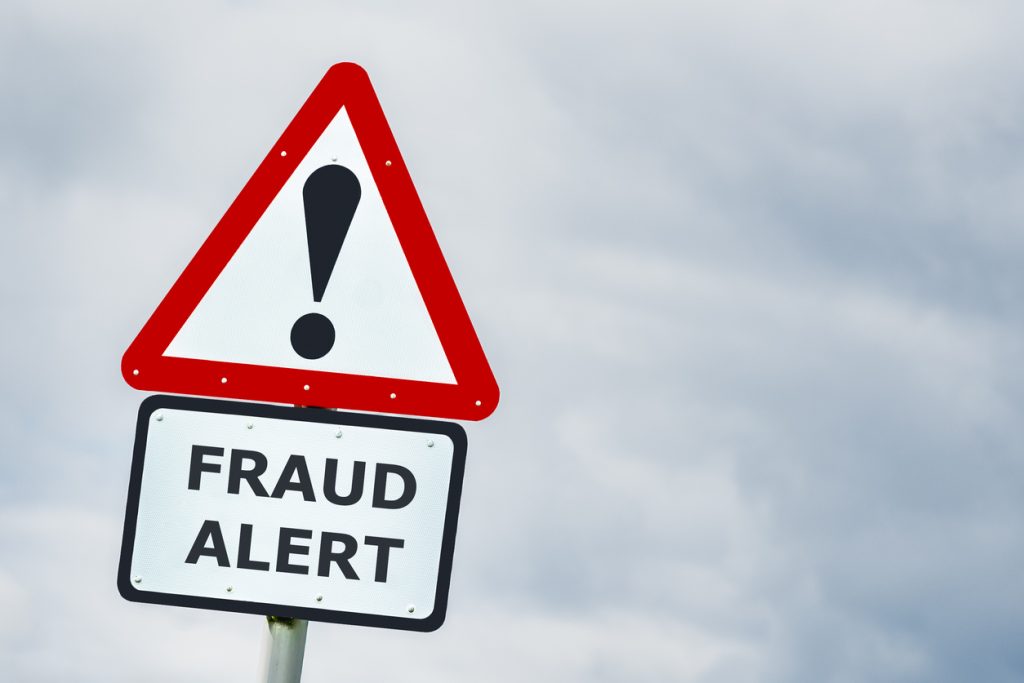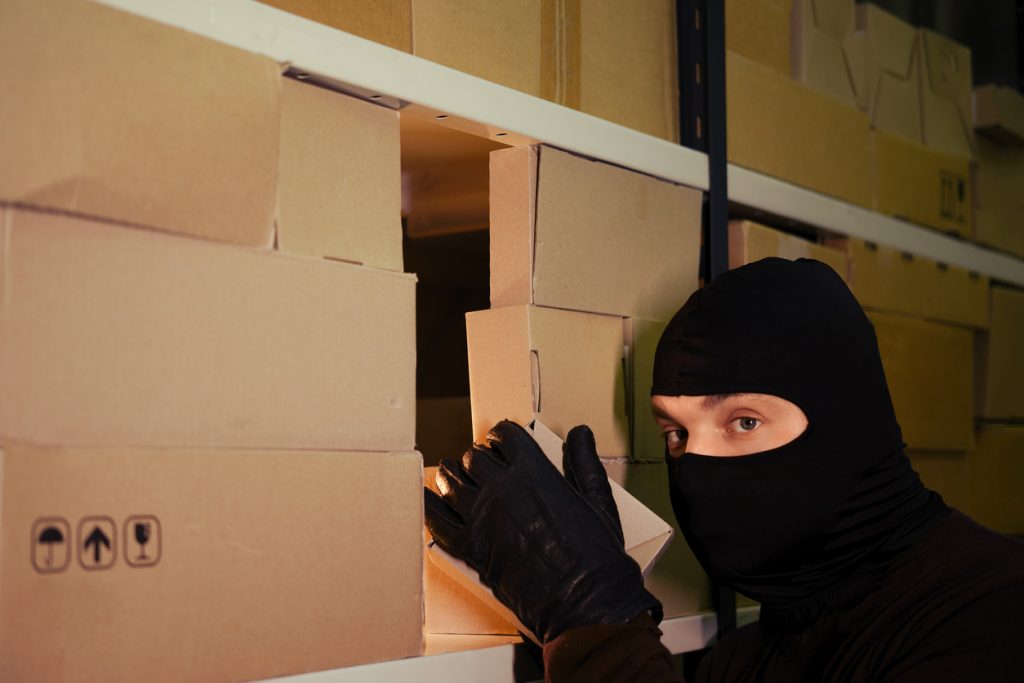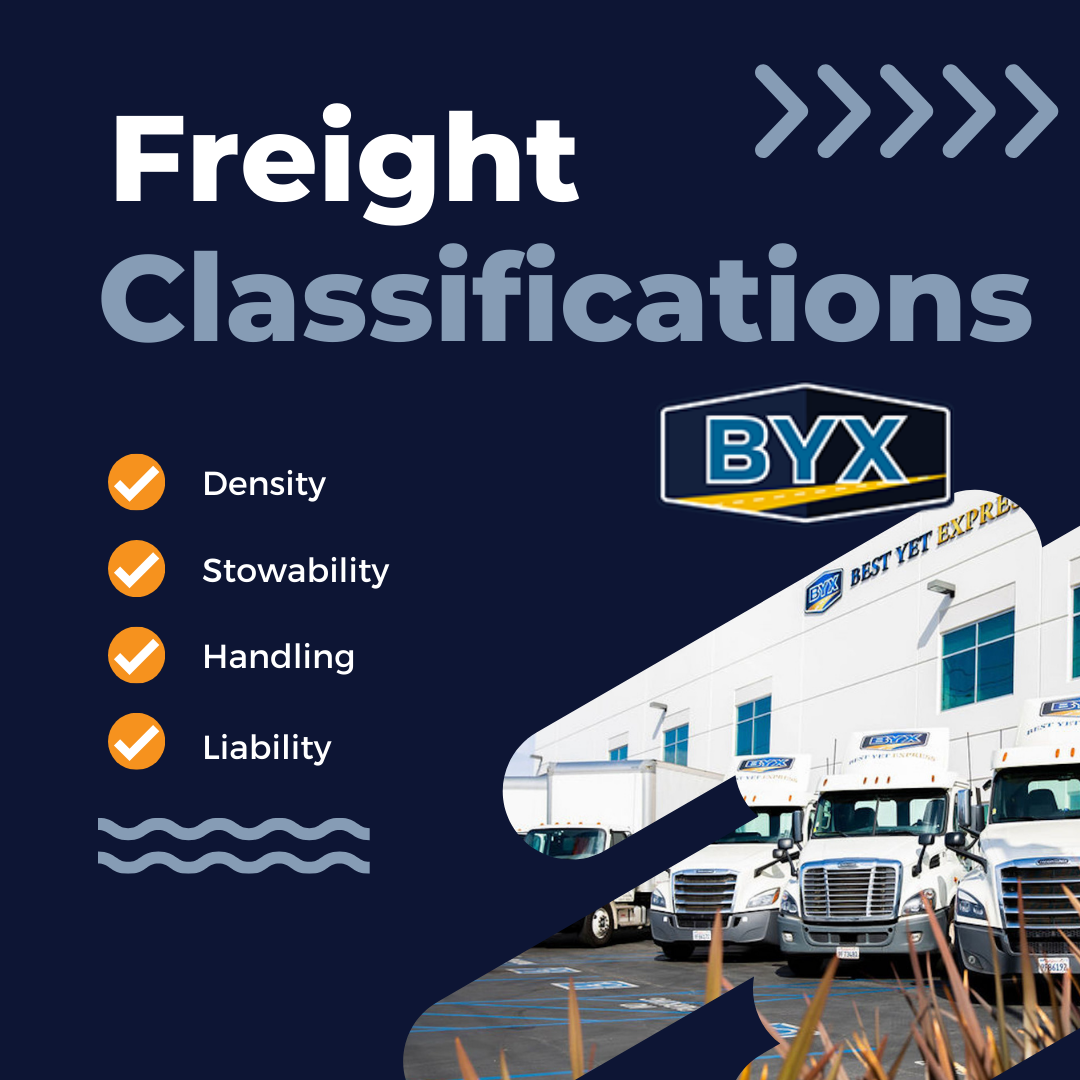Scams are rampant across all industries, and the logistics industry is no exception. BYX has dealt with fraud more than once, and freight fraud can be devastating for smaller organizations. Fraud is so common today that many corporations have entire departments dedicated to fraud detection. For those who lack the resources to follow suit, there are easier ways to spot a scam before you fall prey to it.
The Most Common Freight Fraud Situations
Identity Theft
Identity theft is the oldest scam in the book. There are a few ways in which this occurs in the shipping industry. Some scammers pretend to be trucking companies and prey on shippers or brokers by picking up freight and fleeing. Others request fuel advances and vanish.
Another common method of identity theft happens entirely online. Scammers design fake websites that look similar to legitimate shipping sites. Shippers assume its the real one, provide their payment details, and lose thousands. Always doublecheck a website’s URL. If it’s not identical to a legitimate company’s name, consider it a red flag. If the URL ends with the name of a free hosting site, like .wix or .hubspot, run. If a company is legitimate, they can afford their own domain name.
The third and most challenging type of fraud to catch is particularly tough to spot.
Individuals call up trucking companies and pose as companies they really aren’t. In addition to creating fraudulent copycat websites, they pull employee names from reliable sources like LinkedIn to make themselves appear legitimate. Since it’s challenging to reach a live person at large corporations, calling the real company for verification often doesn’t help. Running a credit check on the real company doesn’t do any good either, since the individual calling isn’t actually associated with them. The shipment is then booked and serviced before the individual vanishes without a trace. Catching them is nearly impossible, and their methods are convincing enough to slip under the radar, especially with new sales and customer service employees.
Some red flags to look out for include:
- Emails with prolific grammatical errors
- Names that are slightly different than the ones listed on the official company website and business pages
- Email URLs that are altered, I.E. fplenergyproject.com vs fpl.com
- 888 numbers that forward to cell phones
- Invalid phone numbers listed on the BOL
If this happens to you, reach out to the real company immediately to notify them, report the fraud to the authorities, and never accept an initial load without prepayment.
Double Brokering
Double brokering is slightly more complex than run-of-the-mill identity theft. Freight brokers are already misleading, but double brokering is even more frowned upon. It happens when a shipper or broker books a carrier for a shipment, and that carrier brokers the load to a third party without the original broker’s knowledge. This leaves room for liability and insurance issues and leaves shippers with less control over their shipment.
Holding Your Bill of Lading for Ransom
Some scammers pretend to be freight forwarders offering unreasonably low rates. It seems like a great deal until the goods arrive at the port of loading. At that point, the scammers withhold the Bill of Lading, a document required for the release of the shipment. They then proceed to contact the client and demand more money if they ever want to see their goods. To avoid this one, know how much your shipment typically costs and steer clear of any “company” offering dramatically lower rates than expected.
Hook-Up-And-Go
If you have a tractor, you’re technically equipped to be a freight fraudster. Just hook up your trusty tractor to a trailer at a truck stop and make away with it. That’s what some cargo thieves do. Typically, they strike when drivers are distracted, using the restroom, or stopping inside a convenience store. Once they drive off with the trailer, they take the cargo and abandon the trailer. After that, catching them is almost impossible.
This freight fraud method is less common thanks to trailer tracking systems, so select a carrier with the latest technology for added peace of mind.
Other Forms of Cargo Theft
There are other ways for scammers to get ahold of your cargo, too. Similar to the Bill of Lading scam, some scammers masquerade as freight forwarders with enticingly low rates. When they find a client (victim, in this case) with valuable cargo, they pick up the shipment and disappear.
How to Avoid Getting Scammed
Detecting fraud isn’t as easy as you might think. Fake websites can be surprisingly convincing, so always be vigilant. Conduct thorough research before signing contracts with any new freight forwarding company or shipper. If a deal seems too good to be true, it probably is. We all want to save money, but falling prey to a scam costs a lot more than paying full price to hire a reputable logistics company.
Identity theft is particularly tough to catch, so try to contact any companies you work with by phone to ensure everything is on the up and up. This can be a challenge when working with large corporations, so just do your best to ensure that a company’s business name, website, and contact information all appear legitimate.
Fortunately, BYX has a customer service department operated by actual people. If you have any concerns regarding a shipment, purchasing insurance, or avoiding scams, give us a call anytime.









